Hidden fees are like little gremlins in your budget—tiny costs that sneak in when you least expect them and add up over time. They’re not always obvious at first glance, but if you’re a Canadian trying to keep your hard-earned money in your pocket, it’s time to look closer. In this article, we’ll walk through 25 hidden fees that might hit you more than you realize.
Hidden Exchange Rate Markups

Imagine sending money abroad or shopping on an international website—what if the exchange rate you see isn’t the rate you get? Many banks and payment services add a markup to the mid-market rate. According to some research, this can cost Canadians billions every year! Even if it’s just a couple of extra percentage points on each transaction, those little differences add up quickly.
Foreign Transaction Fees on Credit Cards

When you use your credit card abroad or even for online purchases in a different currency, check your statement carefully. Many cards add a fee—typically between 1% and 3% %—to cover the cost of processing a foreign currency transaction. If you’re a frequent traveler or shop online internationally, these fees can pile up.
ATM Withdrawal Fees Abroad

Traveling overseas? You might be tempted to use an ATM for cash, but be prepared for extra charges. Many non-network ATMs charge a fee every time you withdraw money, and on top of that, you might get a less favorable exchange rate. To save a few bucks, look into banks that offer fee-free international withdrawals or consider a travel-friendly account.
International Wire Transfer Fees

Sending money internationally through your bank isn’t free either. There’s often a flat fee and sometimes a percentage fee added to the amount you send. If you’re transferring large sums or doing it frequently, these fees can take a toll.
Airline Checked Baggage Fees

Once upon a time, checked baggage was free with your airline ticket. But now, airlines have unbundled their services. Air Canada, for example, has recently started charging around C$35 for a checked bag on certain routes. That extra charge might seem minor, but if you travel regularly, it can become a significant expense.
Seat Reservation Fees
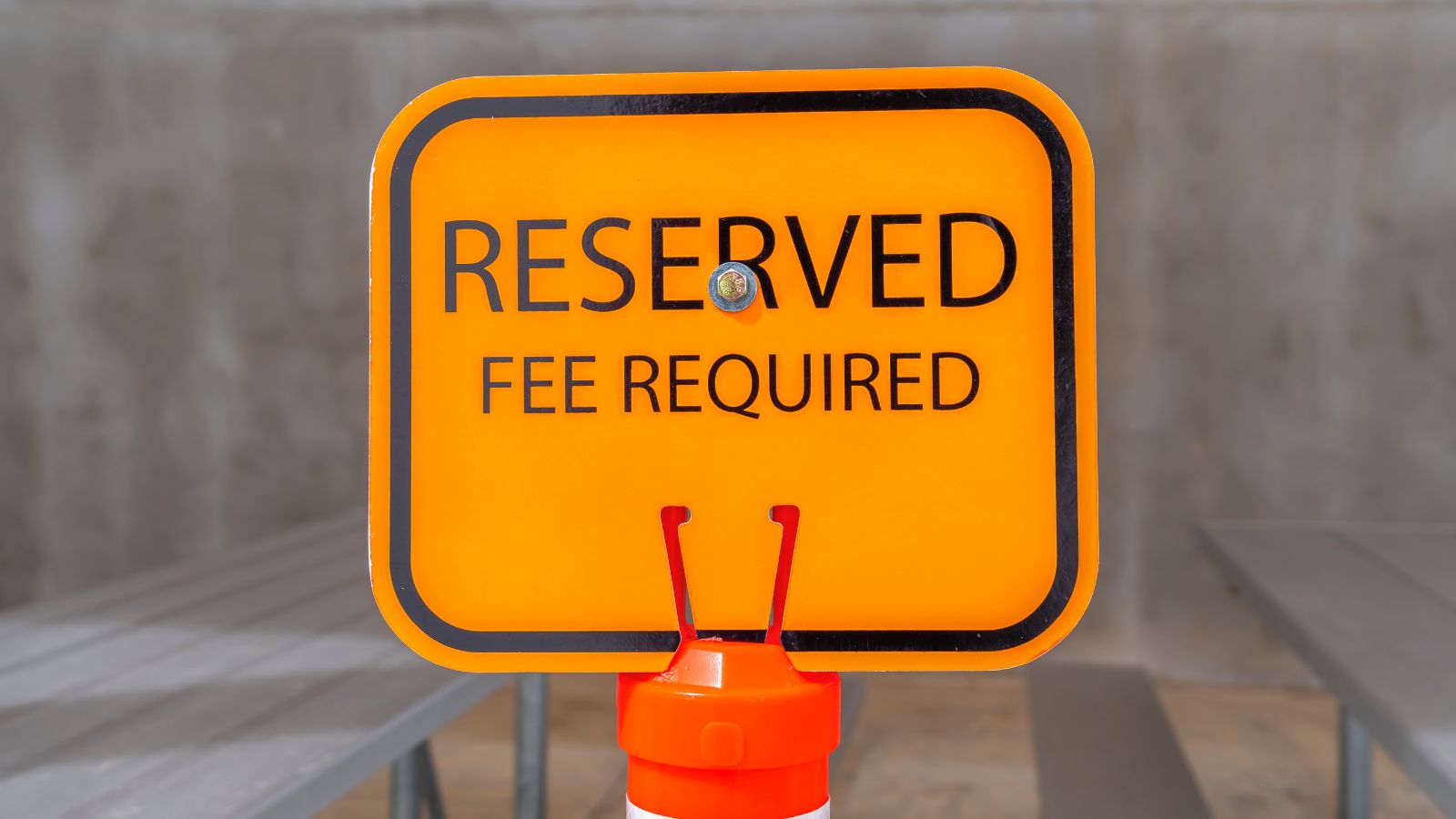
Remember when you could pick your seat without any extra cost? Not so much anymore. Many airlines now charge you to choose your seat—especially on basic economy fares. You might end up with a random seat unless you’re willing to pay more to pick one you like.
Carry-On Luggage Fees

Carrying a bag into the cabin used to be a given. However, some airlines have started charging for carry-on luggage on certain fares. So, if you were used to bringing a standard carry-on for free, you might now face an extra charge at checkout.
Uber’s Currency Conversion Fee
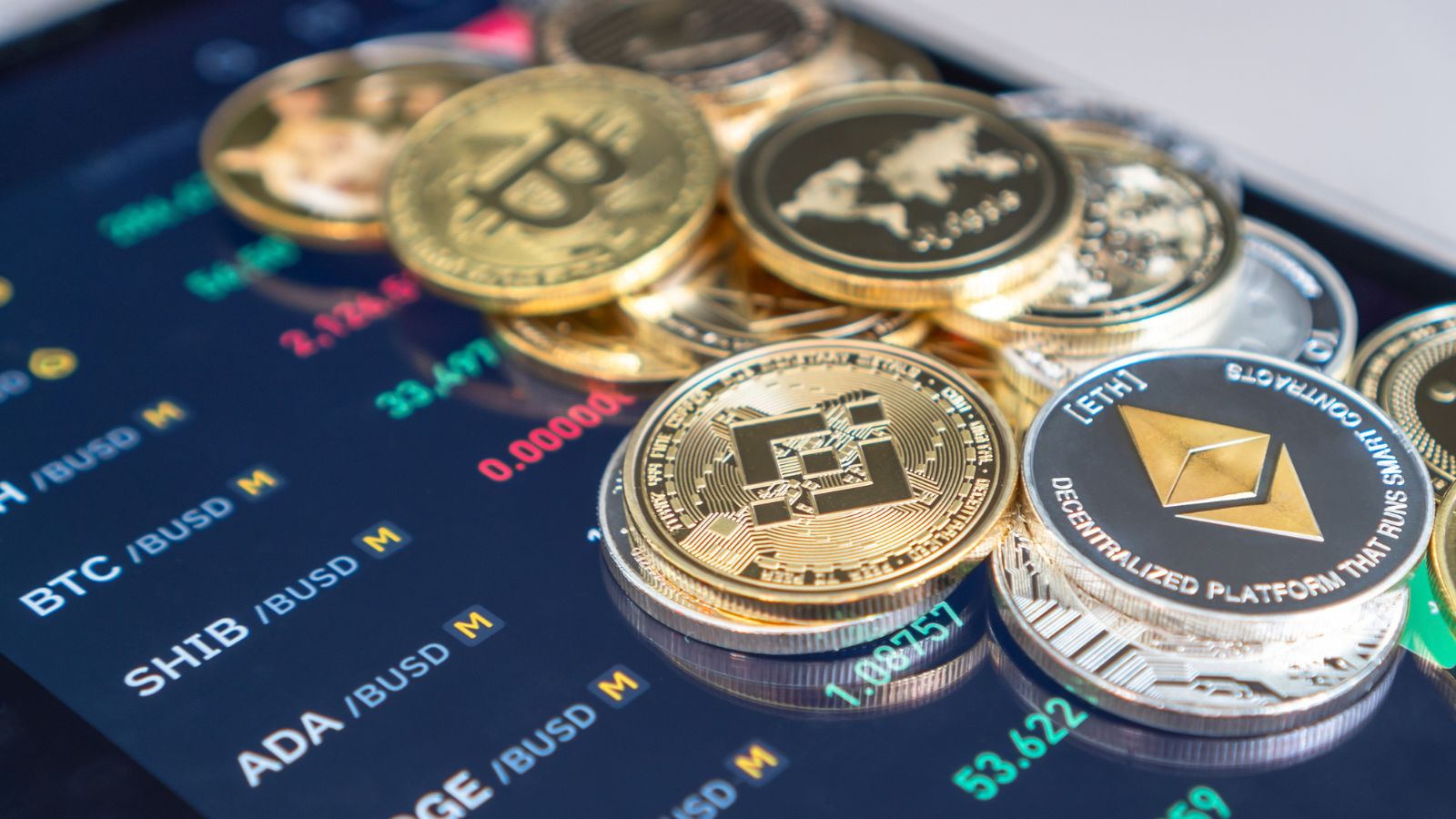
If you’re using ride-hailing apps like Uber when you travel, you might see a small extra fee added to your fare. Uber’s Preferred Currency Pricing converts your fare into your home currency with a 1.5% conversion fee. While convenient, it might not be the best deal if your credit card doesn’t charge foreign transaction fees. A quick tweak in your app settings can allow you to pay in the local currency instead.
Ticketing Convenience Fees

Have you ever bought a concert or sports event ticket only to find out that extra fees were added at the end of the checkout process? That’s a classic example of a hidden fee. Ticketmaster and other ticket vendors often add convenience fees that significantly raise the final price. It’s frustrating when the price you see at first isn’t the price you pay.
Mobile Roaming Charges

When you travel internationally, your mobile phone provider may charge you high fees for using data or making calls. These roaming fees can be surprisingly steep, especially if you’re not on an international plan. It might be worth investing in a local SIM card or an international plan to avoid those extra costs.
Digital Services Taxes

Governments are starting to crack down on Big Tech by imposing taxes on companies that use digital services like streaming services and online news platforms. Although you don’t pay these taxes directly, the extra cost is usually passed on to consumers. Over time, you might notice your monthly subscription costs creeping up.
Overdraft Fees

We’ve all been there—forgetting to check our balance and then overdrawing our account. Overdraft fees can be steep, and they often come with multiple charges if you continue to overdraw. This is one of those fees that can hurt if you’re not careful with your budgeting.
Monthly Account Maintenance Fees
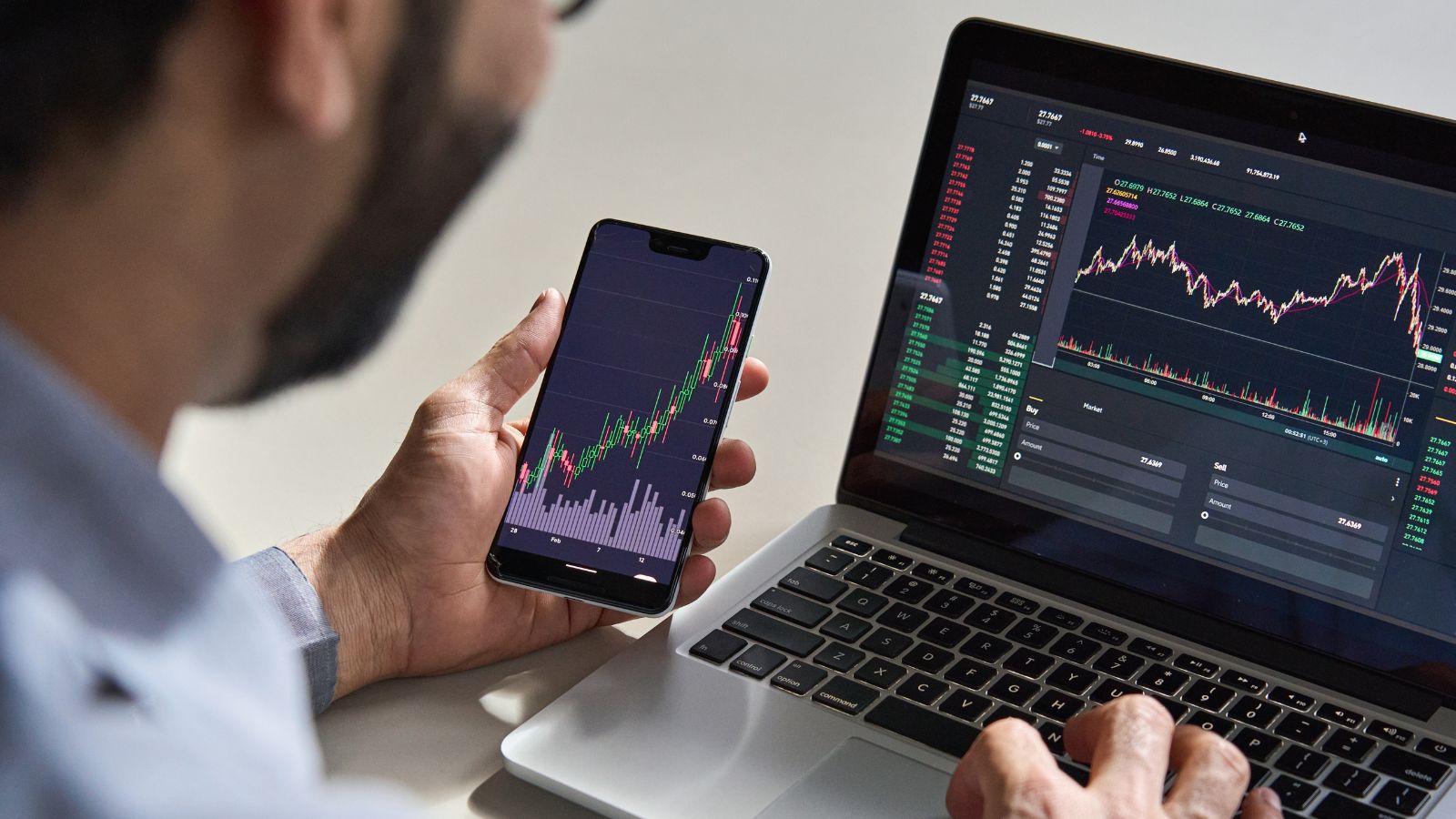
Some banks charge a fee every month to maintain your account. While a few dollars here and there might not seem like much, these fees add up over the year. It’s a good idea to shop around for accounts that offer low or no monthly maintenance fees.
Currency Conversion Fees on Online Purchases

Shopping on international websites can be tricky. The price you see might not include extra fees for converting currencies. These additional costs can sneak in at checkout, meaning you end up paying more than you expected.
Specialist Wire Transfer Service Charges

For those who need to send money overseas quickly, specialist services like Western Union or MoneyGram can be very convenient—but they usually charge higher fees than traditional banks. If you’re making frequent transfers, these extra charges can become a significant part of your expenses.
Premium Credit Card Annual Fees
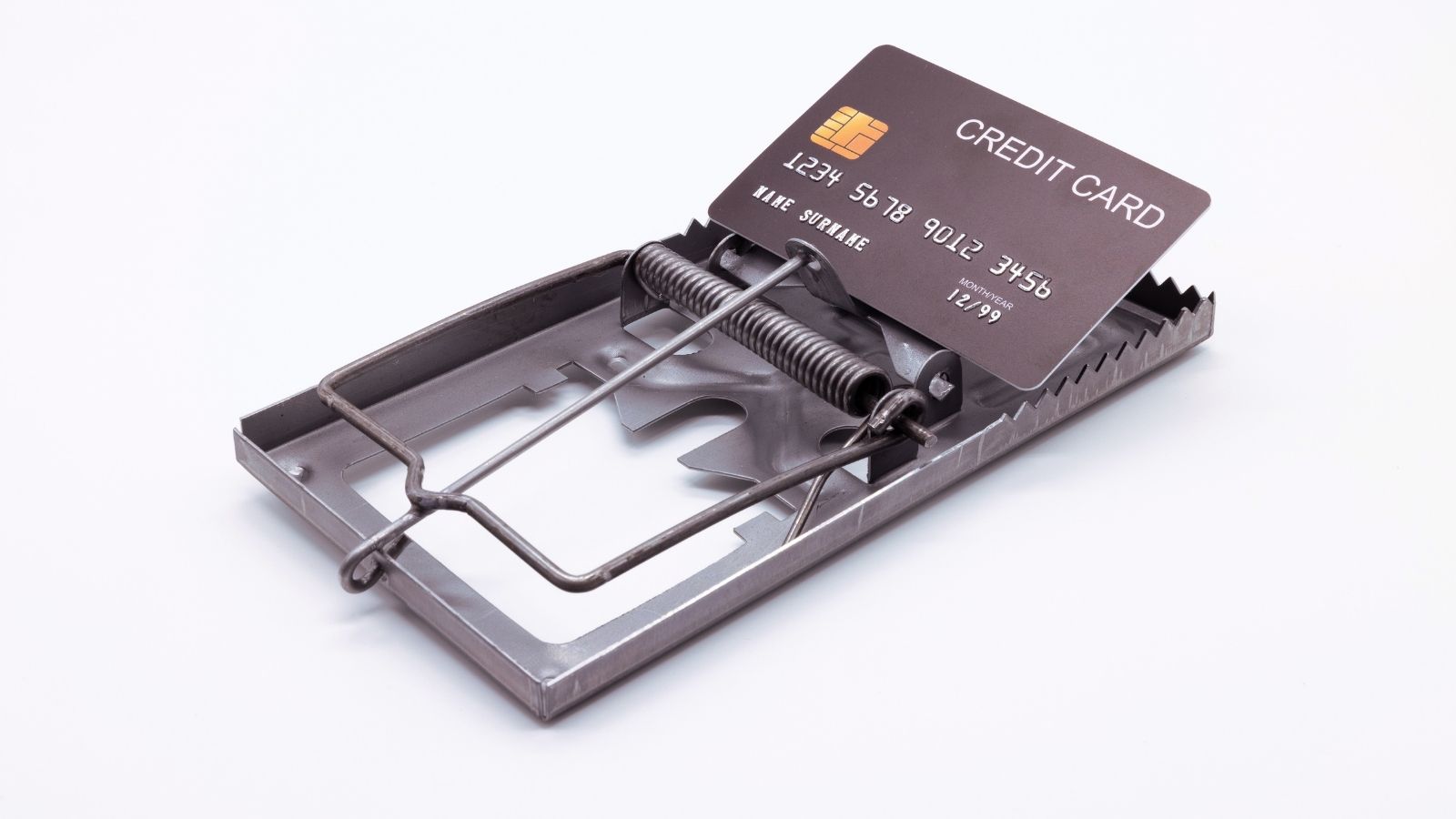
Premium credit cards often come with a high annual fee in exchange for rewards, travel perks, and other benefits. However, if you’re not using those perks, the fee might not be worth it. It’s always a good idea to compare the benefits and costs before committing to a premium card.
ATM Conversion Fees

Even when you use your own bank’s ATMs while traveling, you might still face conversion fees. These small fees can accumulate with each withdrawal, so it’s wise to check with your bank about the best options for international travel.
Subscription Service Surcharges

Many digital subscriptions—whether for streaming, news, or even software—can add hidden charges when you’re billed in a foreign currency. These surcharges might not be clear when you sign up, but they can increase your monthly costs over time.
Government Service Processing Fees

Applying for passports, visas, and other government services often comes with processing fees that might include hidden administrative costs. While these fees are usually listed on official websites, there might be additional charges that aren’t immediately obvious.
Toll and Bridge Fees

Driving in certain parts of Canada can lead to unexpected tolls and bridge fees. These charges might not be part of your usual travel budget but can add up quickly if you commute frequently or take toll roads regularly.
Urban Parking Fees
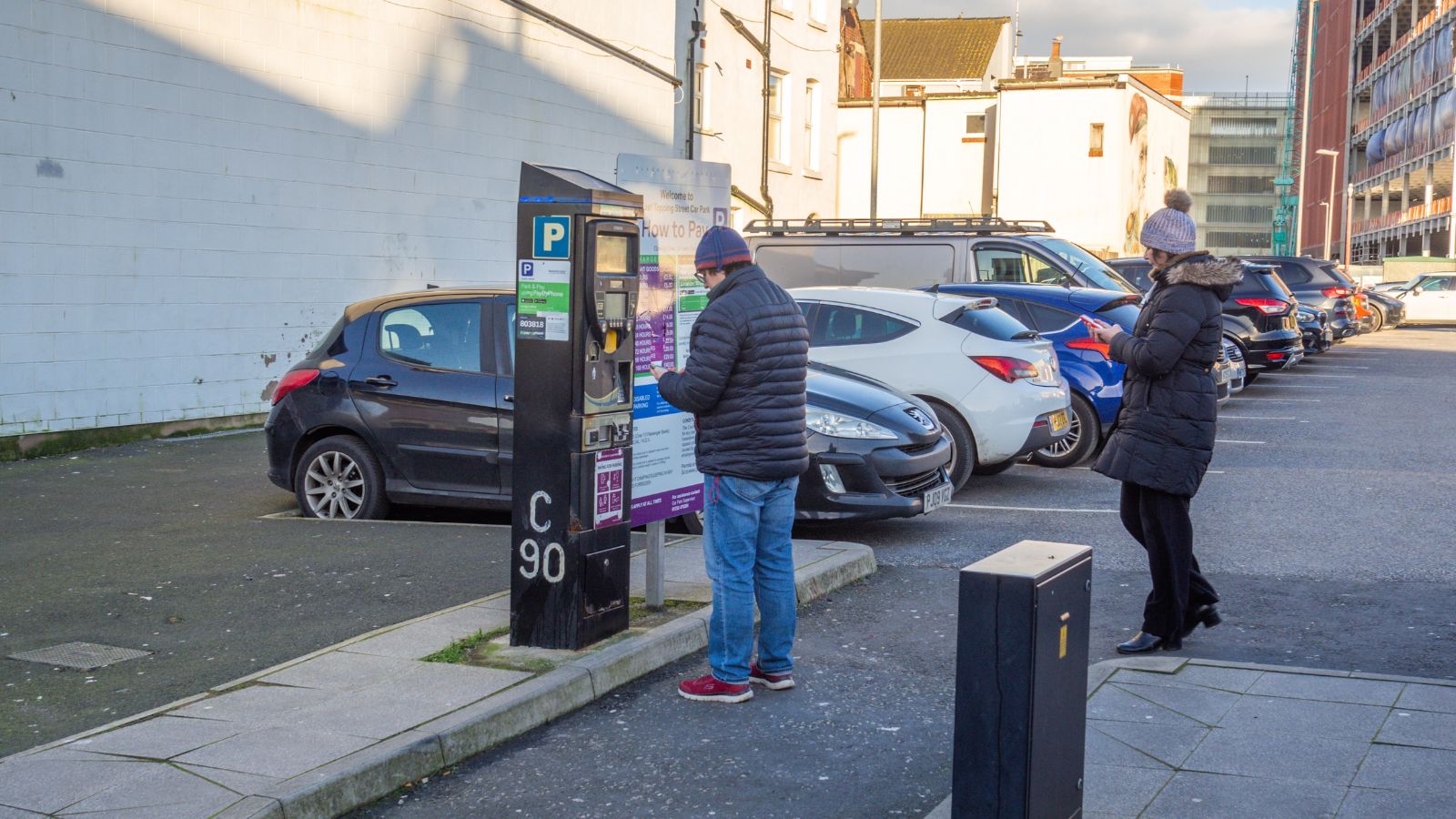
In big cities like Toronto, Vancouver, or Montreal, parking fees can be surprisingly high. Whether parking on the street or in a garage, these fees can eat into your budget if you’re not careful.
Fuel Surcharges

While you see the fuel price on the pump, there might be additional surcharges that aren’t immediately visible. Regional taxes, environmental fees, or logistical costs can make the actual amount you pay higher than what’s advertised.
Ticketing Convenience Fees (Again)
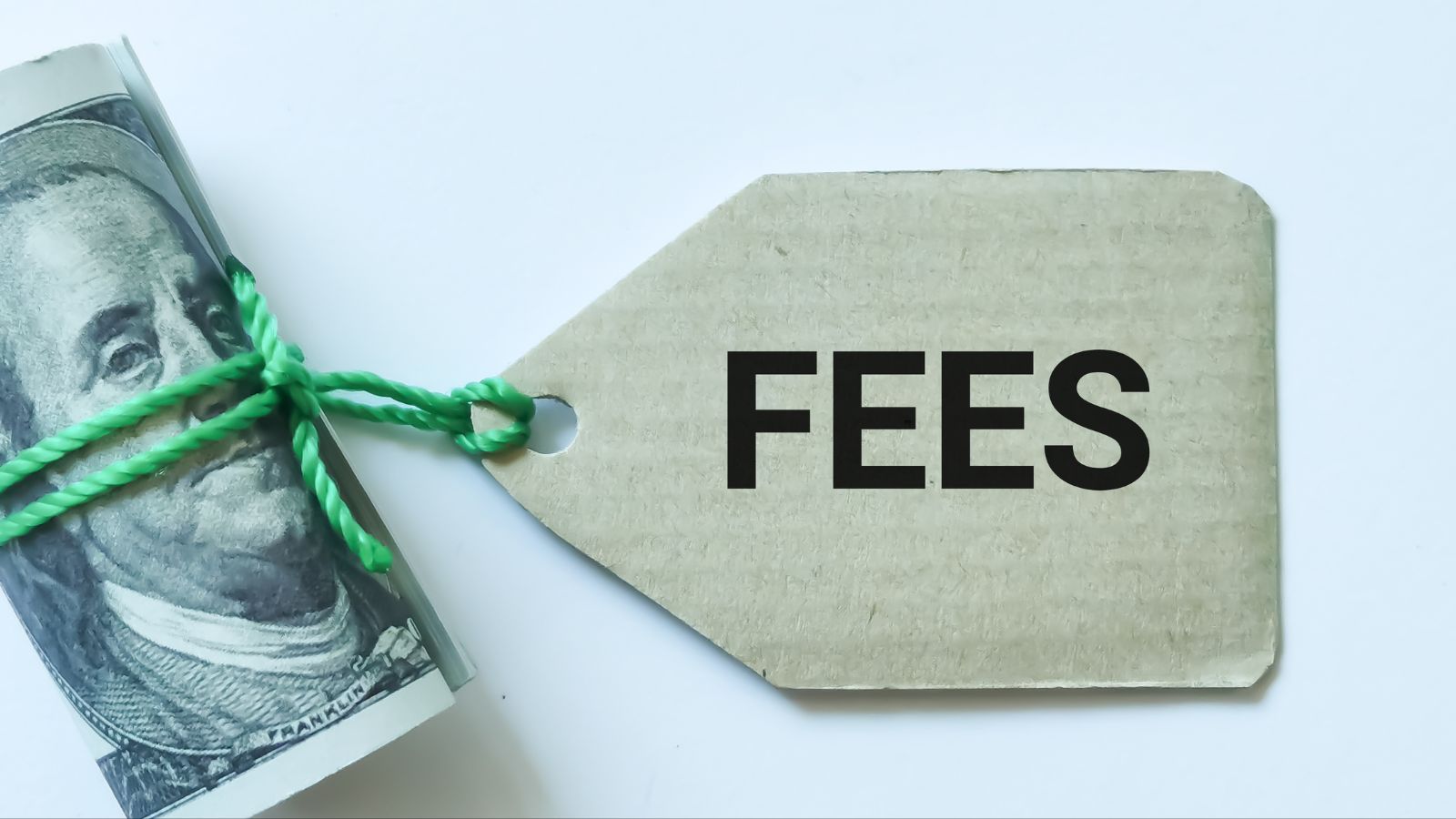
Beyond the event tickets mentioned earlier, many online booking sites add extra service or convenience fees for travel or restaurant reservations. These hidden costs can distort the advertised price, leaving you with a bigger bill than expected.
Late Payment Penalties

Missing a bill payment can trigger late fees that, over time, become a recurring burden. Whether it’s a credit card bill or a utility payment, these penalties can add up quickly and affect your credit score if you’re not careful.
E-Commerce Shipping & Handling Charges

Online shopping can be a minefield when it comes to shipping costs. The base price of an item might seem great. However, extra charges for packaging, handling, or expedited shipping can push the overall cost much higher. Always check the final cost at checkout to avoid surprises.
Conclusion

Hidden fees are an unfortunate reality in our modern financial system, whether from banks, airlines, or online services. They can feel sneaky and unfair—like the fine print is designed to keep you in the dark about where your money is going. But by understanding these fees and taking proactive steps, you can fight back.
20 Reasons Why Wealthy Investors Are Looking At The Caribbean

The Caribbean has long been known for its stunning landscapes and vibrant culture, but in recent years, it has also become an attractive destination for wealthy investors. The region offers numerous financial, economic, and lifestyle advantages that appeal to high-net-worth individuals seeking opportunities. Here are 20 reasons why the Caribbean has captured the attention of the global investment community.
20 Reasons Why Wealthy Investors Are Looking At The Caribbean
